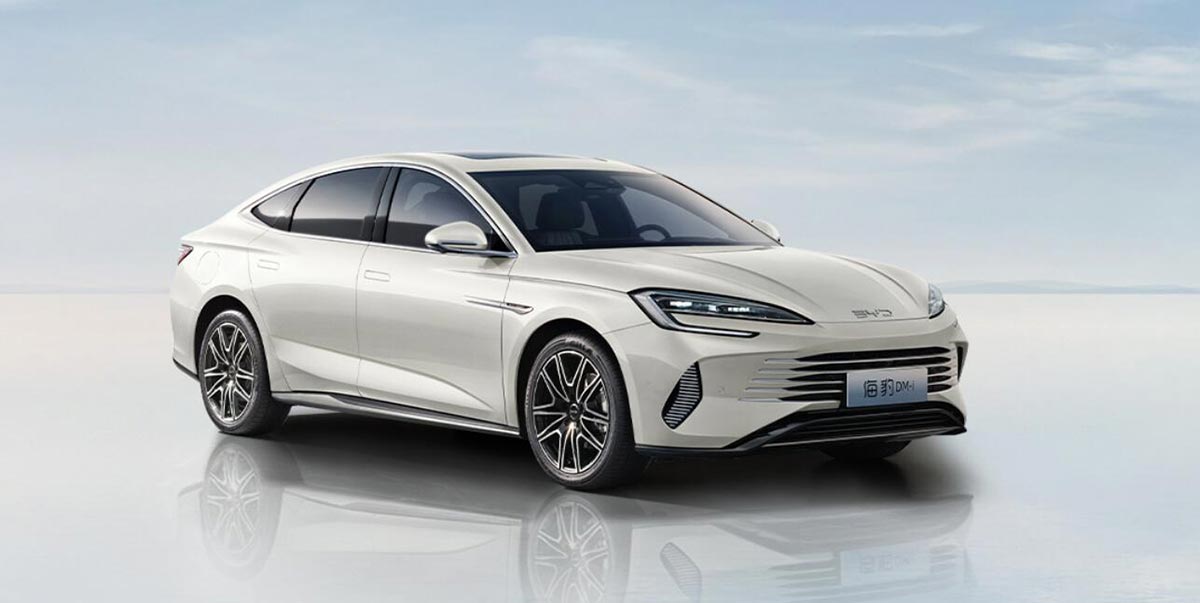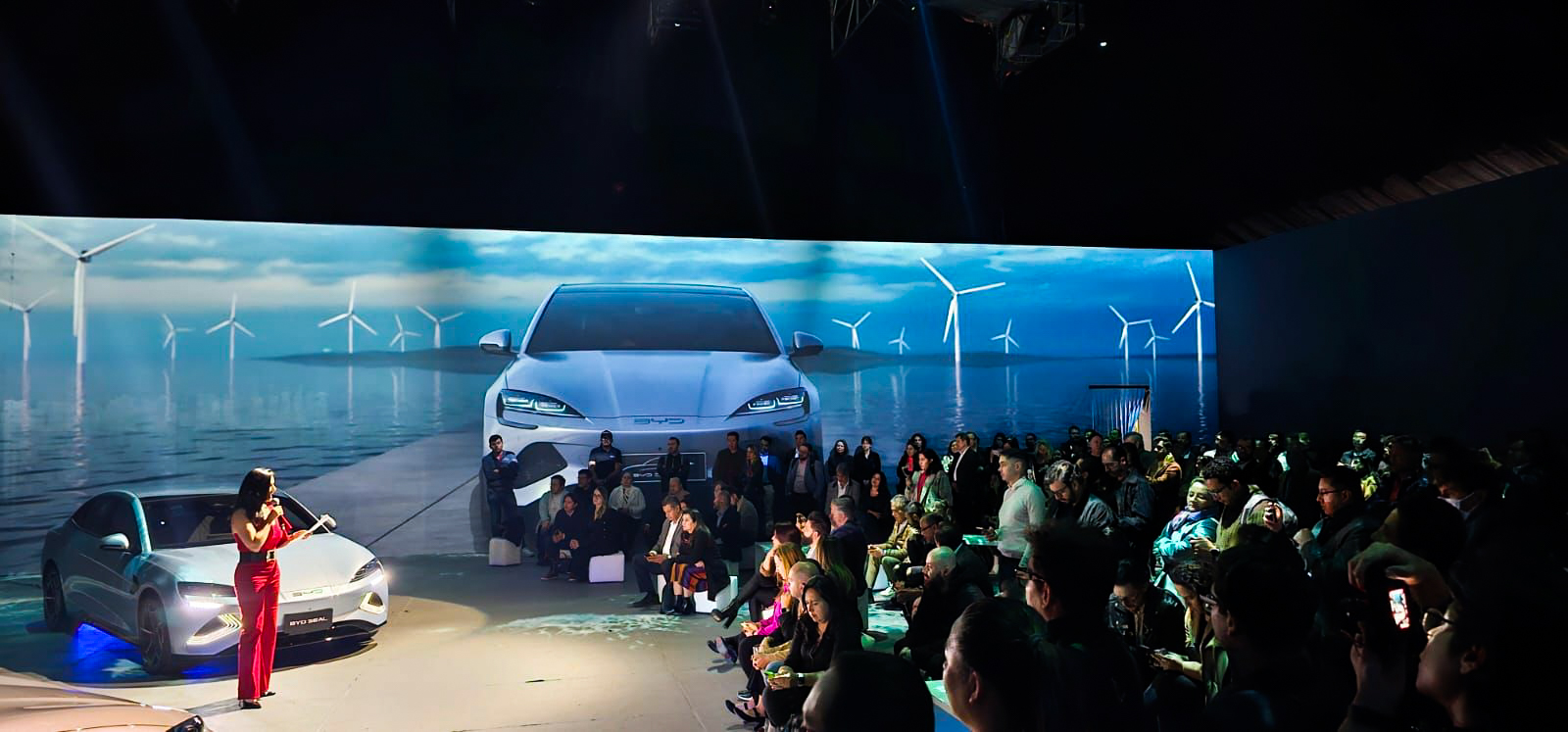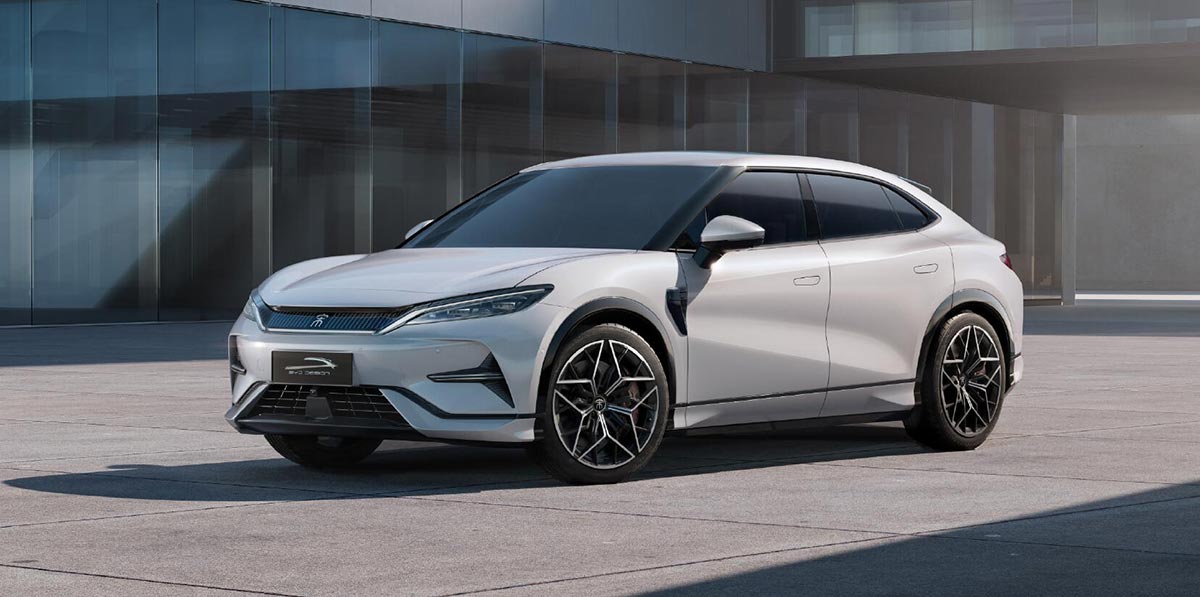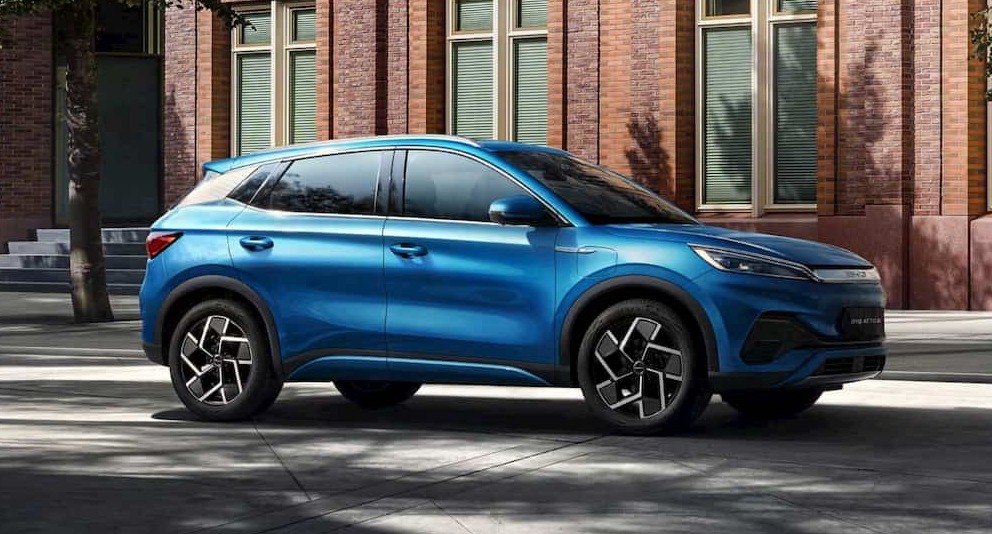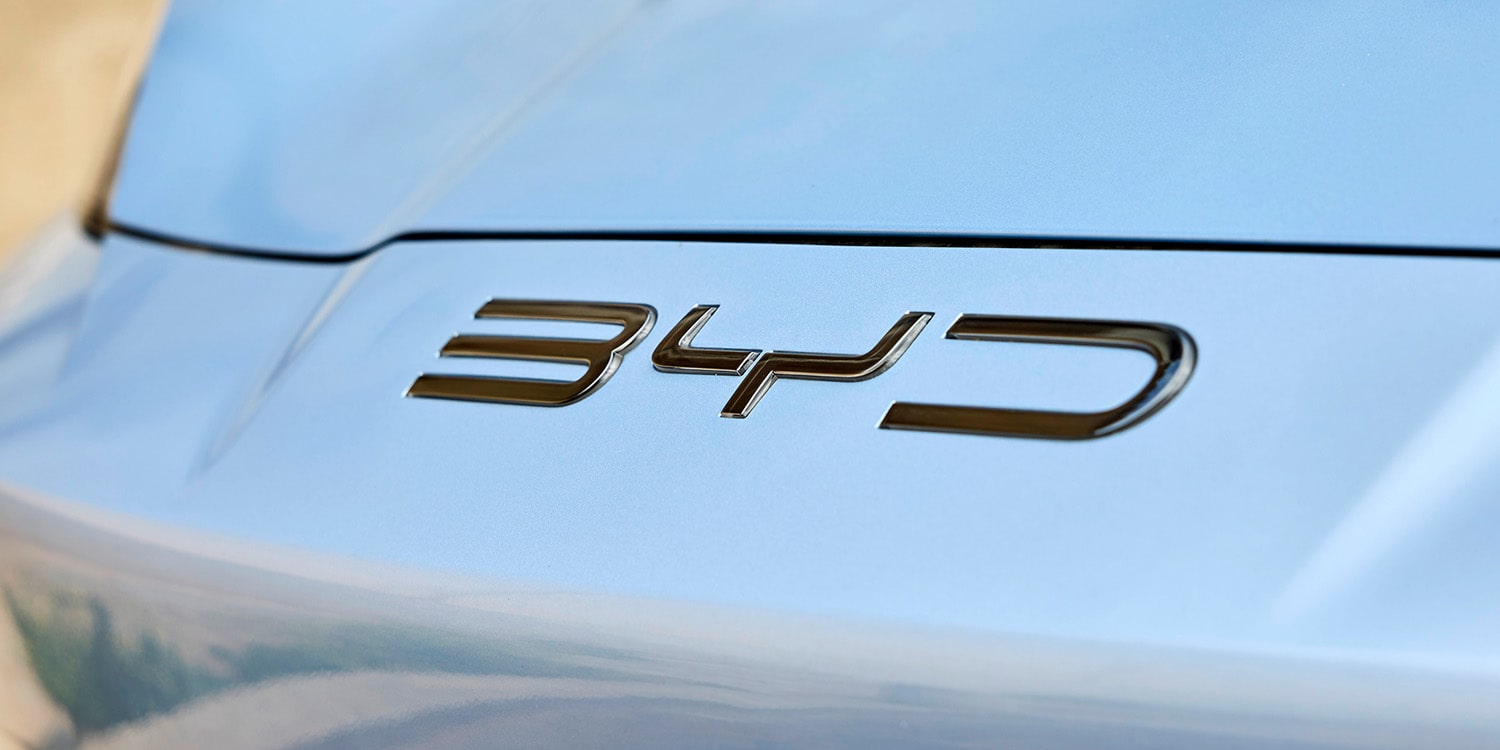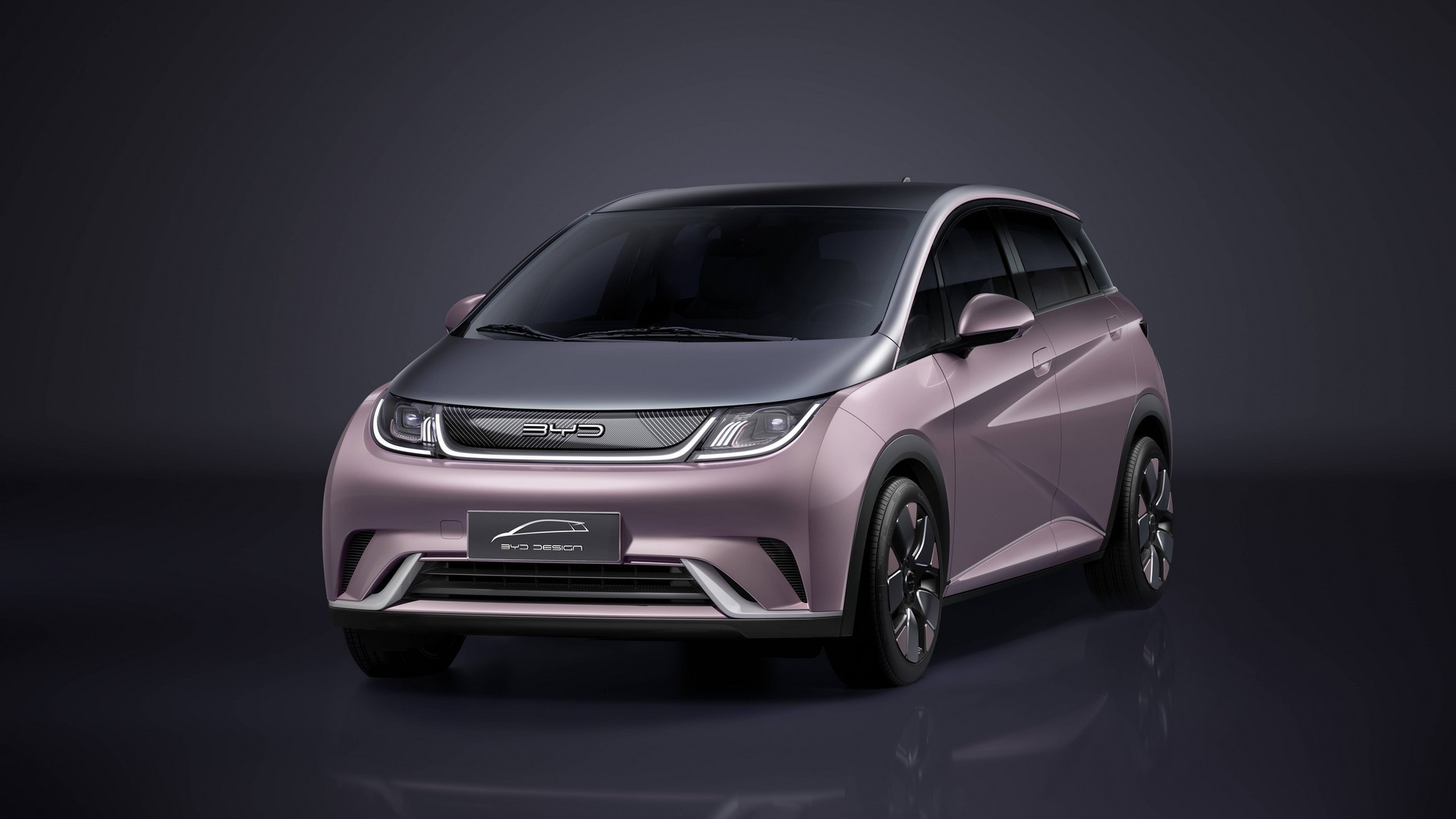Swiss investment bank UBS has recently conducted an in-depth analysis of the BYD Seal electric sedan, drawing comparisons with the industry-leading Tesla Model 3. In a surprising turn of events, UBS analysts dismantled a BYD Seal to better understand its capabilities and concluded that traditional automakers, including Tesla, should take notice.
The BYD Seal, a mid-size electric sedan from Chinese electric vehicle giant BYD, backed by Warren Buffett’s Berkshire Hathaway, has earned UBS’s praise as a compelling alternative to the Tesla Model 3, boasting a significantly lower price point. UBS noted that the Seal offers numerous advantages over its American counterpart, including a more spacious interior, a central cockpit screen with rotational functionality, and 5G connectivity.
See also: The BYD Seal electric sedan will hit Europe next year
The bank’s analysis also pointed out that the BYD Seal’s electric system, despite being on the lower end of the price spectrum, competes effectively with industry leaders in terms of power performance, cost efficiency, and energy density, particularly when compared to Tesla’s Model 3.
One standout feature highlighted by UBS is BYD’s innovative cell-to-body battery technology, which results in increased in-vehicle legroom, enhanced performance, reduced manufacturing costs, and a lower car profile, favoring aerodynamics. This technology eliminates an extra layer of aluminum or steel, distinguishing it from traditional approaches.
Unlike Tesla’s focus on autonomous driving technology, BYD appears to have opted for a third-party Level 2 advanced driving assistance system for the Seal. UBS noted this departure in strategy.
Summarizing their findings, UBS analysts affirmed that the BYD Seal is cost-competitive due to vertical integration, offering suitable specifications and volume scalability. Moreover, they suggested that Tesla should be mindful of the growing competition, not only from BYD but also from other Chinese automakers. The bank expressed confidence in Chinese carmakers’ ability to consistently gain market share from foreign brands.
See also: BYD Seal introduced to Europe with debut at 2022 Paris Motor Show
UBS analysts also envisioned a promising future for Chinese electric vehicles in the United States, following significant progress in the European market. They highlighted systematic cost advantages held by Chinese EV manufacturers compared to their American and European counterparts, coupled with a broader product lineup catering to various market segments, especially the mass market.

